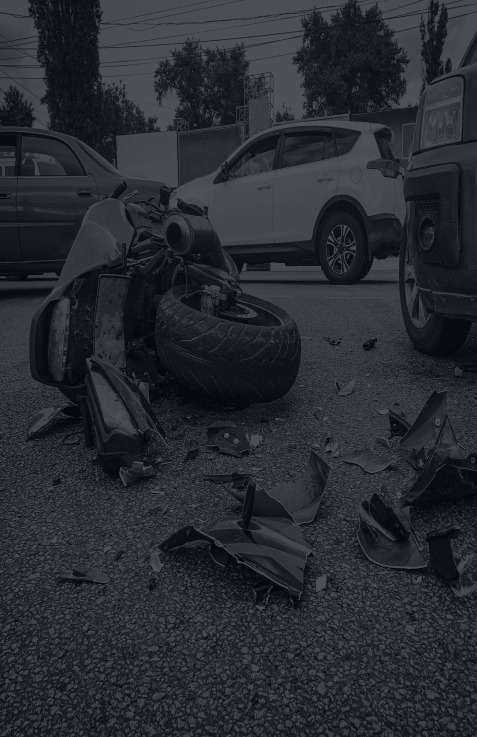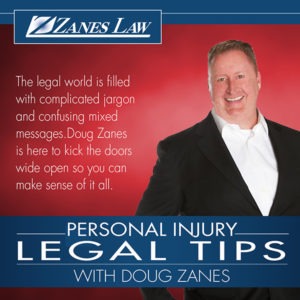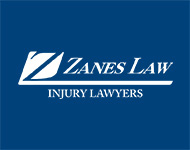Need Personal Injury Legal Advice? Listen to Our NEW Podcast…
We are excited to announce that we have officially launched the Zanes Law Personal Injury Legal Tips podcast, featuring advice from Zanes Law owner and responsible attorn...
READ MORE![]() Contact Us 866-499-8989
Contact Us 866-499-8989
When you hire us, you're adding unmatched experience to your team, ensuring you get the best possible outcome.
Our firm maintains an impressive 99% win rate, even while accepting difficult cases other law firms have turned away.
We are not afraid of trial, and insurance companies know this. If it’s in your best interest, we are always trial ready.

No one ever expects to be involved in a car accident, suffer an injury, or need to begin looking for a Phoenix car accident attorney.

With the help of a Phoenix wrongful death lawyer, you should receive compensation for your losses.

When you are hurt in an accident, our Phoenix slip and fall lawyers are only a phone call away.

Our motorcycle accident lawyers in Phoenix understand how dangerous it can be to ride a bike. So much so that we have created safety articles for years.






The good news is that from here on, there’s nothing else that you need to handle if you hire Zanes Law.
Doug Zanes, Phoenix Workers’ Compensation Lawyer
Filing your workers’ compensation claim requires several steps, all of which Zanes Law as a workers’ compensation attorney in Phoenix, AZ, can take off your plate. We will handle the legal aspects of your claim, so you can focus on getting better. Our team will do to following:
Zanes Law is ready to pick up the ball in your workers’ compensation claim and run with it. Our Phoenix workers’ compensation lawyers are ready to take your case. Call us today for a free consultation with a compassionate member of our legal team.

We are excited to announce that we have officially launched the Zanes Law Personal Injury Legal Tips podcast, featuring advice from Zanes Law owner and responsible attorn...
READ MORE
Top Hiking Trails In Phoenix It’s that time of the year again where the weather is absolutely perfect! The sky is blue without a cloud in the sky, the breeze is just ri...
READ MORE
If you didn’t know, Zanes law handles many dog bite claims in Arizona every year…...
READ MORE